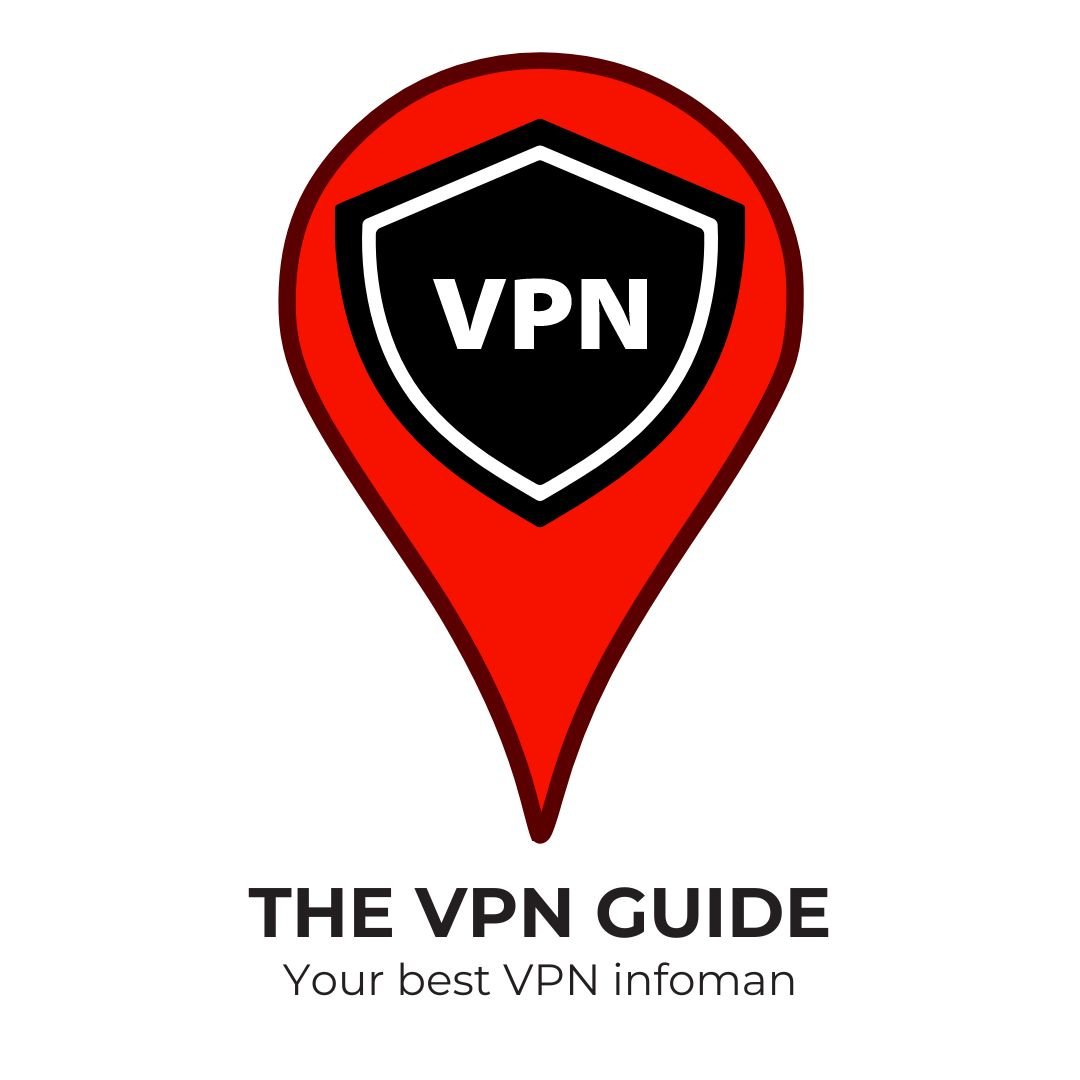An IP address (Internet Protocol address) is a unique identifier assigned to each device connected to the internet. It serves two main functions: identifying the host or network interface and providing the location of the device in the network. When you browse the web, your IP address is visible to websites and can reveal your geographical location, which raises privacy concerns.
As online privacy becomes increasingly important, many users seek ways to hide their IP addresses to protect their identity, avoid tracking, and access restricted content. This comprehensive guide explores various methods to hide your IP address on your PC, detailing their effectiveness, advantages, and potential drawbacks.
Why Hide Your IP Address?
Hiding your IP address is an essential practice for enhancing online privacy and security. Here are top 5 compelling reasons why you might consider masking your IP address:
1. Protecting Your Privacy
One of the primary motivations for hiding your IP address is to safeguard your privacy. Every time you connect to the internet, your IP address is visible to websites and online services, allowing them to track your online activities. This tracking can lead to targeted advertising, where companies use your browsing history to serve you ads based on your interests. By hiding your IP address, you can browse the internet without being monitored by advertisers, ISPs, or other entities.
2. Avoiding Government Surveillance
In some countries, governments monitor and censor online activities. Hiding your IP address can help you evade such surveillance, allowing you to access information freely without fear of repercussions. This is particularly important for individuals living in authoritarian regimes where expressing dissenting opinions can lead to serious consequences. By masking your IP address, you can protect yourself from potential legal issues stemming from your online activities.
3. Enhancing Security Against Hackers
Your IP address can reveal your approximate geographical location, making it easier for hackers to target you. By hiding your IP address, you make it more difficult for cybercriminals to track your movements and potentially launch attacks against you. This is especially crucial when using unsecured networks, such as public Wi-Fi, where hackers often exploit vulnerabilities to steal personal information.
4. Safe Browsing on Public Wi-Fi
Public Wi-Fi networks are convenient but can be risky. When you connect to an unsecured network, your IP address is exposed, making it easier for hackers to intercept your data. Hiding your IP address while using public Wi-Fi can help protect your sensitive information, such as passwords and credit card numbers, from being accessed by malicious actors.
5. Bypassing Geographic Restrictions
Many online services and streaming platforms restrict content based on your geographical location. By hiding your IP address, you can appear to be accessing the internet from a different location, allowing you to bypass these geographic restrictions. This is particularly useful for accessing content that may not be available in your country, such as specific shows or movies on streaming services.
Hiding your IP address can serve several purposes:
- Privacy Protection: Prevents websites, advertisers, and other entities from tracking your online activities.
- Access Restricted Content: Allows you to bypass geographical restrictions on certain websites and streaming services.
- Enhanced Security: Reduces the risk of cyberattacks by making it harder for hackers to target you.
- Avoiding Bandwidth Throttling: Some ISPs throttle bandwidth based on your usage patterns; hiding your IP can help mitigate this.
- Preventing Data Collection: Helps in avoiding targeted advertising and data collection by marketers.
How to Hide Your IP Address
1. Using a Virtual Private Network (VPN)
A VPN is one of the most effective and user-friendly methods to hide your IP address. It creates a secure connection between your device and the internet by routing your traffic through a VPN server, effectively masking your real IP address with one from the VPN provider.
| Advantages: | Disadvantages: |
| Strong Encryption: VPNs encrypt your internet traffic, making it difficult for third parties to intercept your data. Access to Global Content: You can choose servers in different countries, allowing you to access content that may be restricted in your region. User-Friendly: Most VPN services offer easy-to-use applications for various devices. | Cost: Reliable VPN services typically require a subscription fee. Speed Reduction: Depending on the server location and load, using a VPN may slow down your internet connection. |
If you are looking for the best VPN, we recommend using NordVPN. NordVPN stands out as a top choice for anyone seeking a reliable and secure VPN service. Its combination of speed, security features, and user-friendly design makes it suitable for a wide range of users, from casual browsers to those with serious privacy needs. By choosing NordVPN, you can enjoy a safer and more unrestricted internet experience.

Comparison Table: NordVPN vs. No VPN
| Feature | NordVPN | No VPN |
|---|---|---|
| IP Address Masking | Yes | No |
| Encryption | Strong encryption (AES-256) | None |
| Speed | High (minimal speed loss) | Variable (depends on ISP) |
| Access to Geo-Restricted Content | Yes | No |
| Security on Public Wi-Fi | Yes (protection against hackers) | No protection |
| Privacy Protection | Yes (no-logs policy) | No protection |
| Device Compatibility | Supports multiple devices | N/A |
| Customer Support | 24/7 support | N/A |
| Money-Back Guarantee | 30 days | N/A |

2. Proxy Servers
A proxy server hides your IP address by acting as an intermediary between your computer and the internet. When you connect to a proxy, your internet requests are sent to the proxy server first. The server then forwards these requests to the target website, which only sees the proxy’s IP address instead of yours. This effectively masks your real IP address, enhancing your anonymity online. However, proxies typically do not encrypt your data, making them less secure than VPNs.
| Advantages: | Disadvantages: |
| Easy to Set Up: Configuring a proxy server is generally straightforward. Cost-Effective: Many proxy servers are free or low-cost. | Limited Security: Most free proxies do not encrypt your data, making them less secure than VPNs. Potential Data Logging: Some proxies may log your browsing activity, which defeats the purpose of anonymity. |
4. Public Wi-Fi Networks
Connecting to a public Wi-Fi network temporarily changes your IP address to that of the network you are using. This means your device’s private IP address is replaced with the public IP address assigned to the Wi-Fi network. While this method provides a layer of anonymity, it is not highly effective for privacy, as websites can still see the public IP address. Additionally, using public Wi-Fi can expose you to security risks, as these networks are often unsecured and vulnerable to attacks.
| Advantages: | Disadvantages: |
| Quick and Easy: No setup is required; simply connect to a public Wi-Fi network. | Security Risks: Public Wi-Fi networks are often unsecured, making your data vulnerable to hackers. Limited Anonymity: While your home IP address is hidden, your online activities can still be monitored by others on the same network. |
5. Unplugging Your Modem
Unplugging your modem can potentially hide your IP address by prompting your Internet Service Provider (ISP) to assign a new one when you reconnect. Most ISPs use dynamic IP addressing, meaning the IP address can change periodically. By disconnecting the modem for a significant time, you may release your current IP address, allowing the ISP to allocate a different one upon reconnection. However, this method isn’t guaranteed to work, as some ISPs may assign the same IP address again.
| Advantages: | Disadvantages: |
| Simple Method: This method requires no technical knowledge or additional software. | Temporary Solution: Your new IP address will still be visible during online activities. Inconvenient: Constantly unplugging your modem is not practical for regular use. |
6. Mobile Networks
Using a mobile network can hide your IP address on your PC by connecting your device to the internet through your smartphone’s cellular data instead of your home Wi-Fi. When you tether your PC to your mobile network, it assigns a different public IP address, which is associated with your mobile carrier. This means that websites and online services will see the mobile network’s IP address rather than your home IP, providing a temporary layer of anonymity while browsing.
| Advantages: | Disadvantages: |
| Alternative IP Address: This method can be useful for short-term needs. | Data Usage: Using mobile data can quickly consume your data plan. Limited Speed: Mobile internet speeds may vary based on your location and network coverage |
Choosing the Right Method
Deciding how to hide your IP address is important for several reasons.
- First, it enhances your online privacy by preventing websites, advertisers, and ISPs from tracking your activities and location.
- Second, it protects you from potential cyber threats, as hiding your IP can deter hackers from targeting you.
- Third, it allows you to bypass geographical restrictions, enabling access to content that may be blocked in your region.
- Finally, it helps maintain anonymity, which is crucial for sensitive online activities.
When deciding how to hide your IP address, you may want to consider the following factors:

Purpose of Hiding:
Determine why you want to conceal your IP address. Whether it’s for privacy, accessing geo-restricted content, or preventing tracking, understanding your goal will guide your choice of method.

Speed & Security Requirements:
If you need fast internet for streaming or gaming, prioritize methods that minimize speed loss. Evaluate the security features of the method you choose. Options like VPNs provide encryption, while proxies may not, affecting your overall safety online.

Ease of Use:
Some methods require more technical knowledge than others. Consider how user-friendly the solution is. Some methods, like VPNs, often come with intuitive interfaces, while others, like configuring proxies or using Tor, may require more technical knowledge.

Cost:
Evaluate how much you are willing to spend on services like VPNs. While some solutions, like public Wi-Fi or proxies, may be free, others, like premium VPN services, require a subscription. Balancing cost with the level of privacy and security you need is essential.
The Key Takeaways
Hiding your IP address is a crucial step in enhancing your online privacy and security. Whether you choose a VPN for its robust encryption and ease of use or a proxy server for its simplicity, each method has its pros and cons. By understanding your needs and the available options, you can select the best approach to protect your identity while browsing the internet.
As online threats continue to evolve, staying informed about privacy tools and practices will help you navigate the digital landscape safely and securely. Looking for a secure VPN, click the button below and get NordVPN today!





